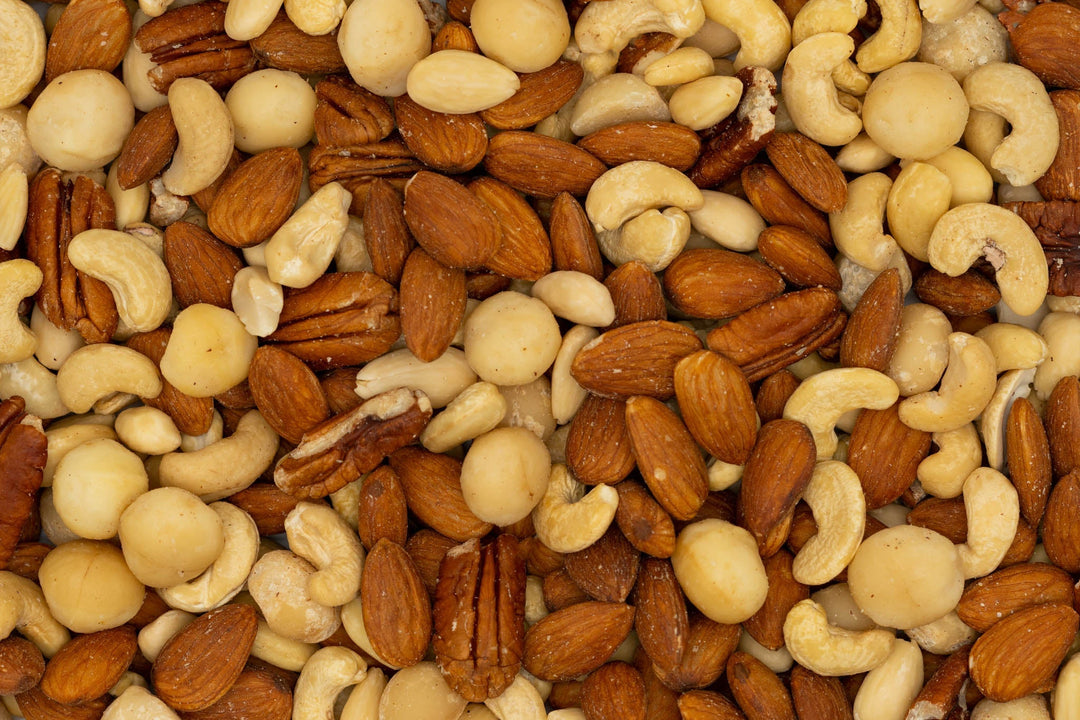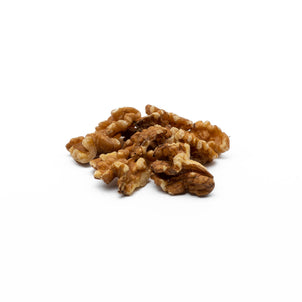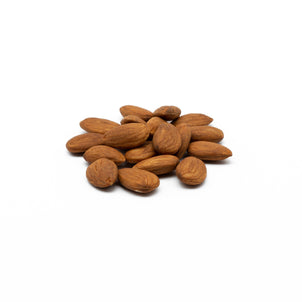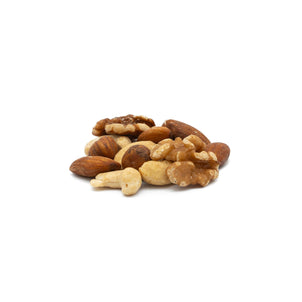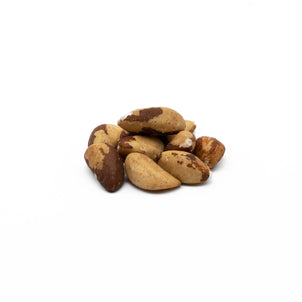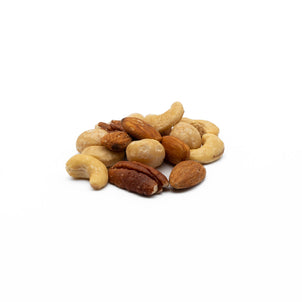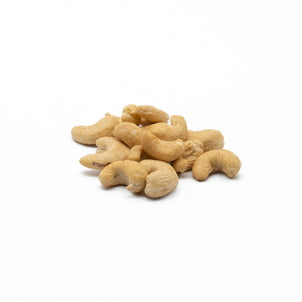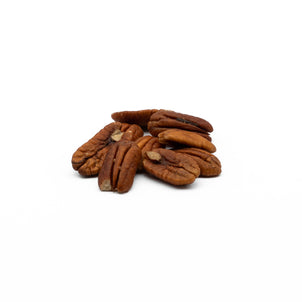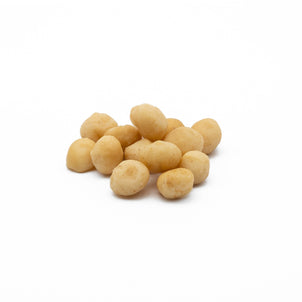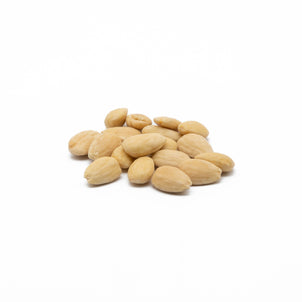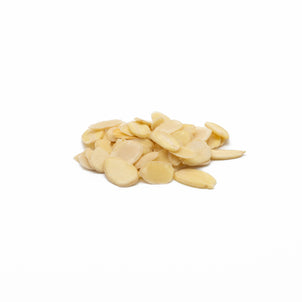Top 10 Healthiest Nuts
Top 10 Healthiest Nuts
When it comes to snack time, there's one option that stands out as a nutritional powerhouse - nuts! Packed with essential nutrients, healthy fats, and a satisfying crunch, nuts are not only delicious but also incredibly good for you. Here are the top 10 healthiest nuts that deserve a spot in your pantry!
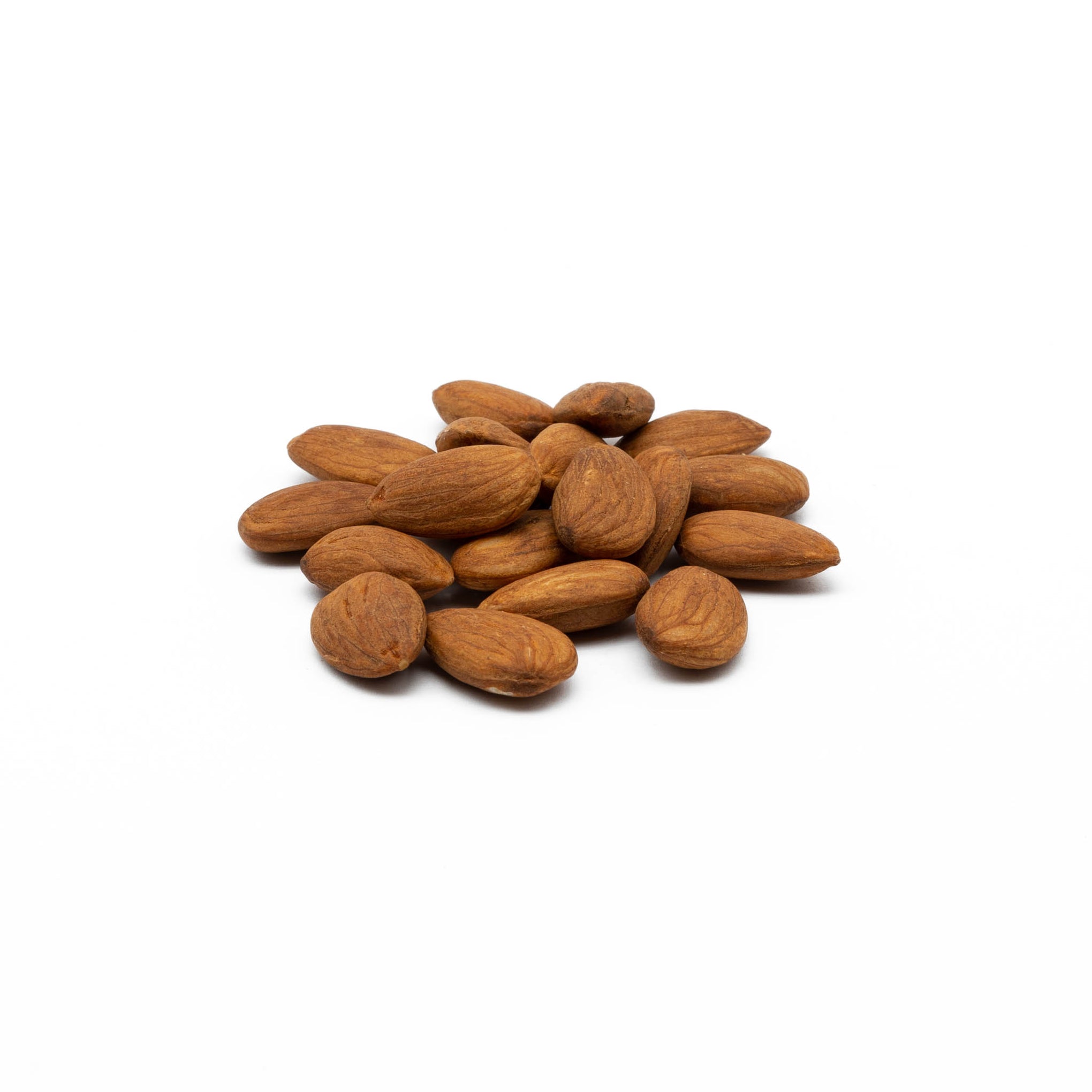
1. Almonds
Almonds take the lead as one of the healthiest nuts, thanks to their impressive nutrient profile. These nuts are high in vitamin E, magnesium, and healthy monounsaturated fats. Studies have shown that regular almond consumption can help lower bad cholesterol levels and reduce the risk of heart disease.
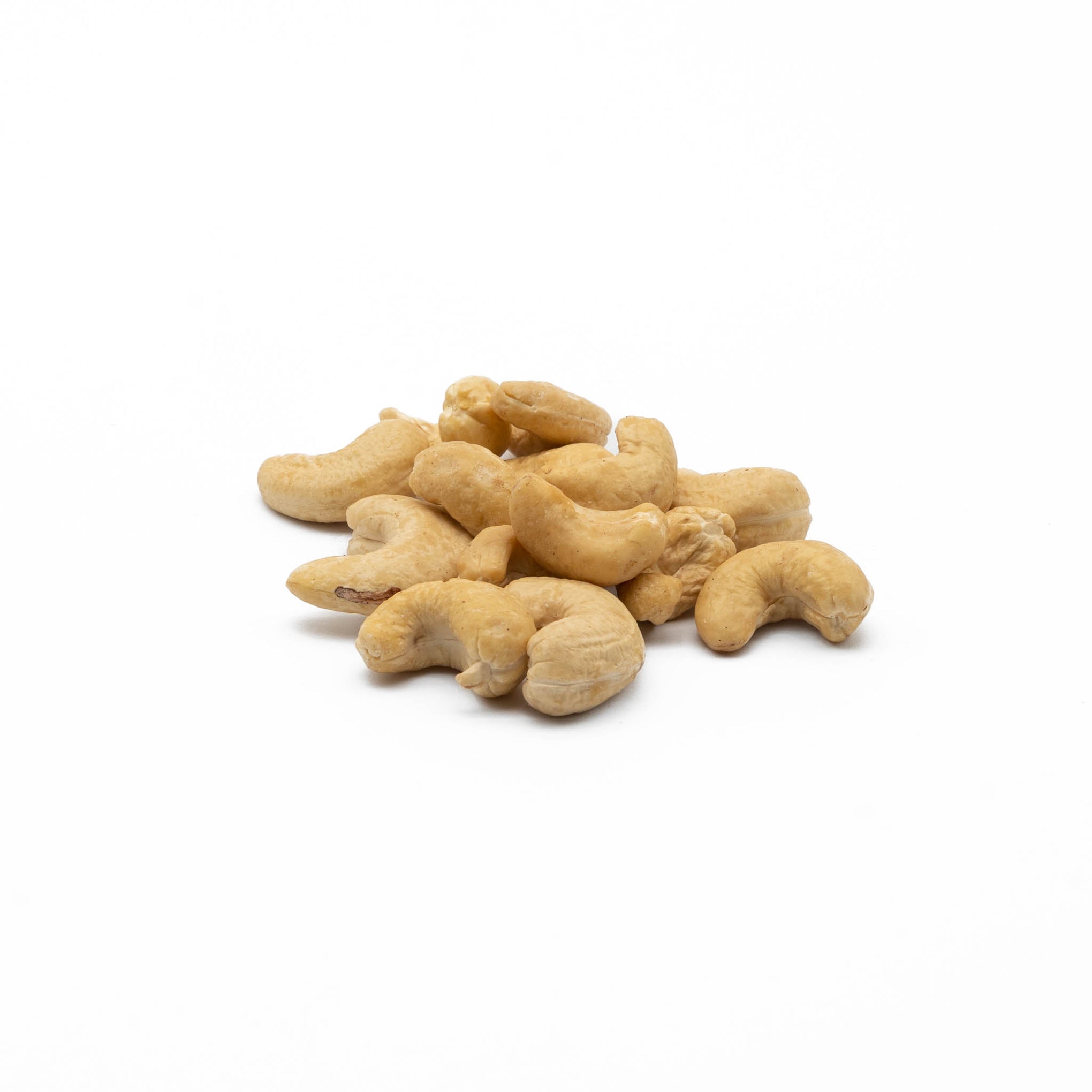
2. Cashews
Cashews are packed with minerals like zinc, magnesium, and copper, all of which play vital roles in immune support, bone health, and energy production. These creamy nuts also provide healthy monounsaturated fats, which are linked to heart health and improved cholesterol levels.
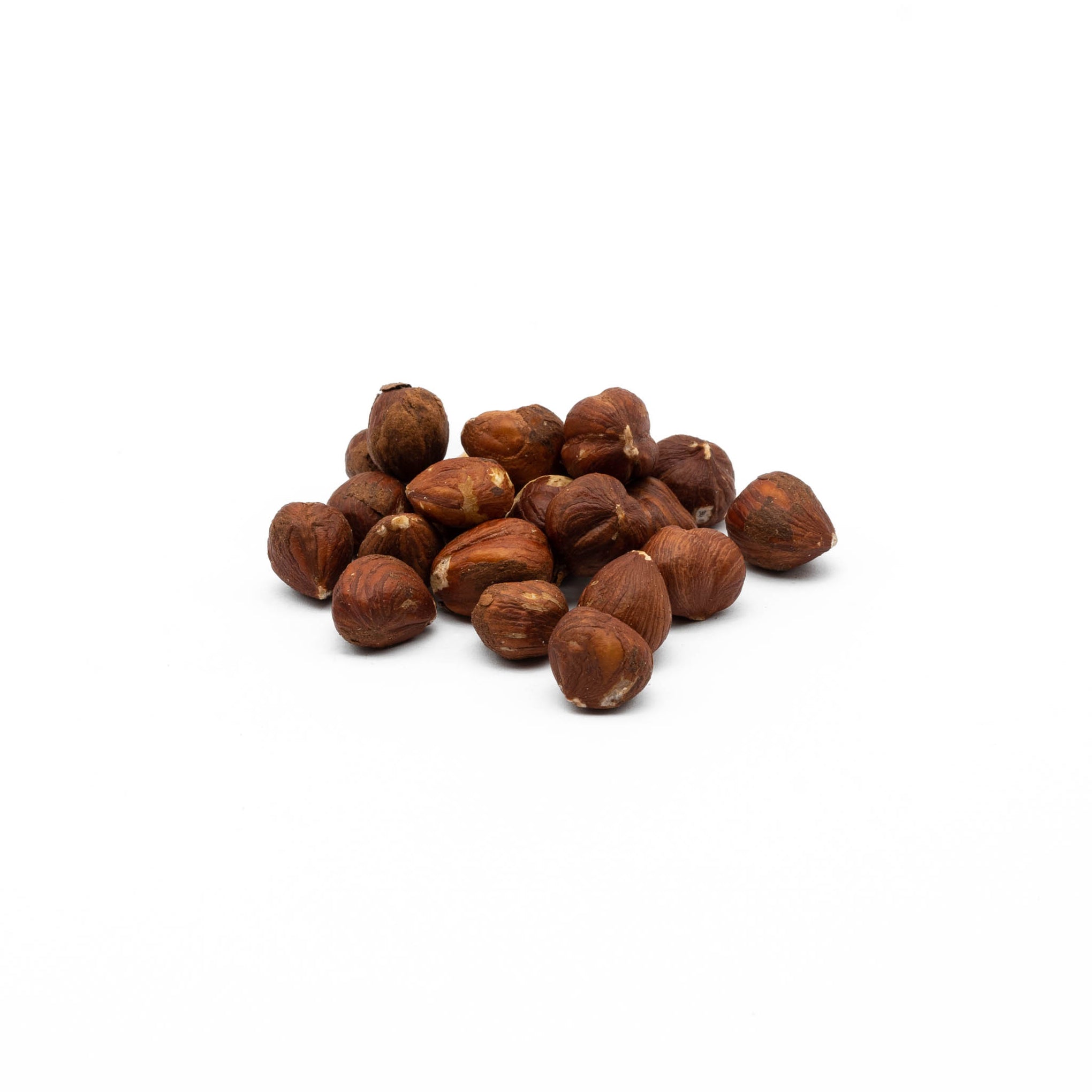
3. Hazelnuts
Hazelnuts are a good source of folate, which is essential for cell division and DNA synthesis. They also contain heart-healthy monounsaturated fats and a variety of vitamins and minerals that contribute to bone health and immune function. Hazelnuts' unique flavour can enhance both sweet and savoury dishes.
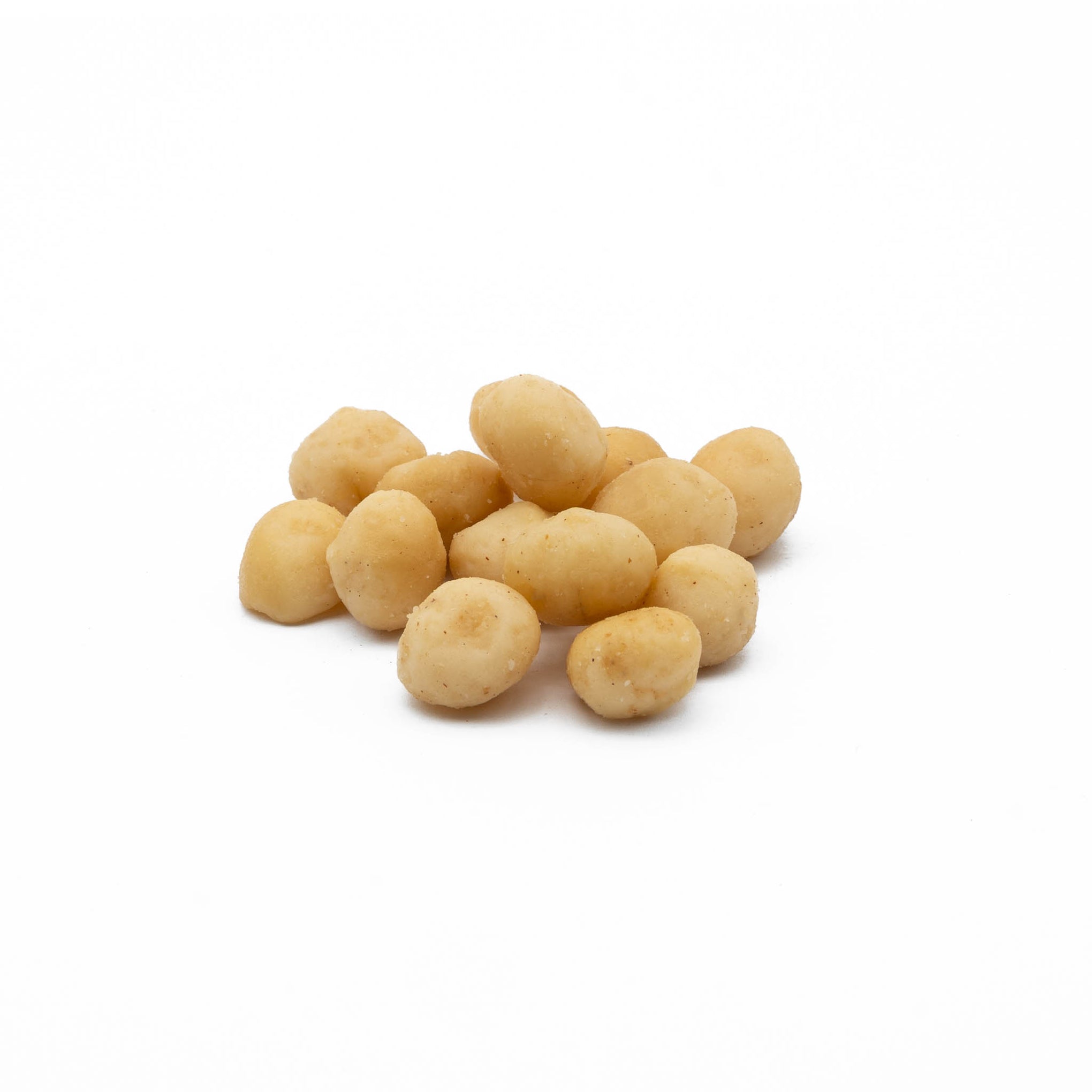
4. Macadamias
Macadamia nuts are known for their creamy texture and rich flavour. They're high in monounsaturated fats and low in omega-6 fatty acids, making them an excellent choice for heart health. Additionally, they provide thiamin (vitamin B1) and manganese, supporting energy metabolism and bone health.
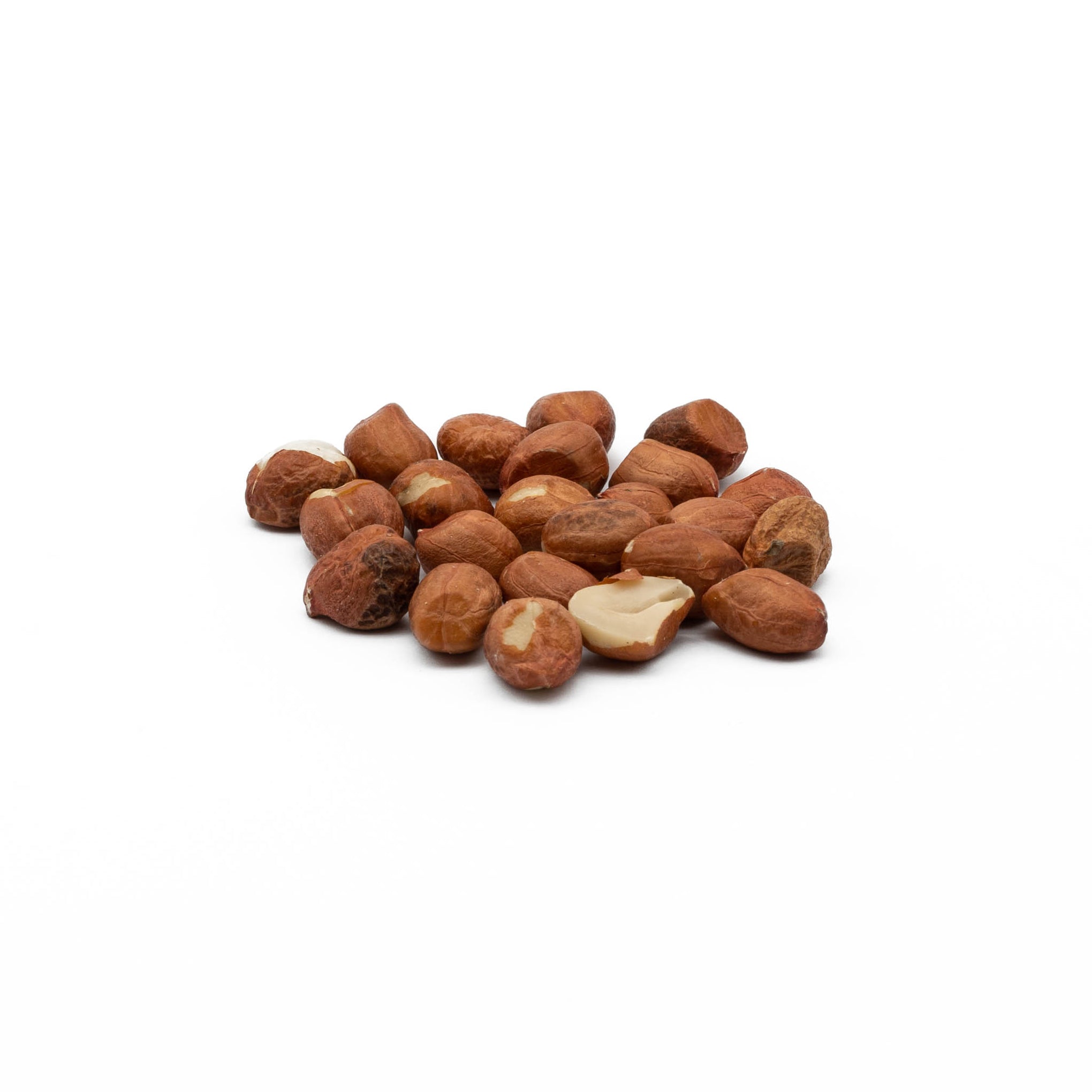
5. Peanuts
Although technically legumes, peanuts are often considered nuts due to their similar nutritional profile. They're rich in protein, providing a plant-based source of this essential nutrient. Peanuts also offer resveratrol, the same antioxidant found in red wine, which has been associated with heart health benefits.
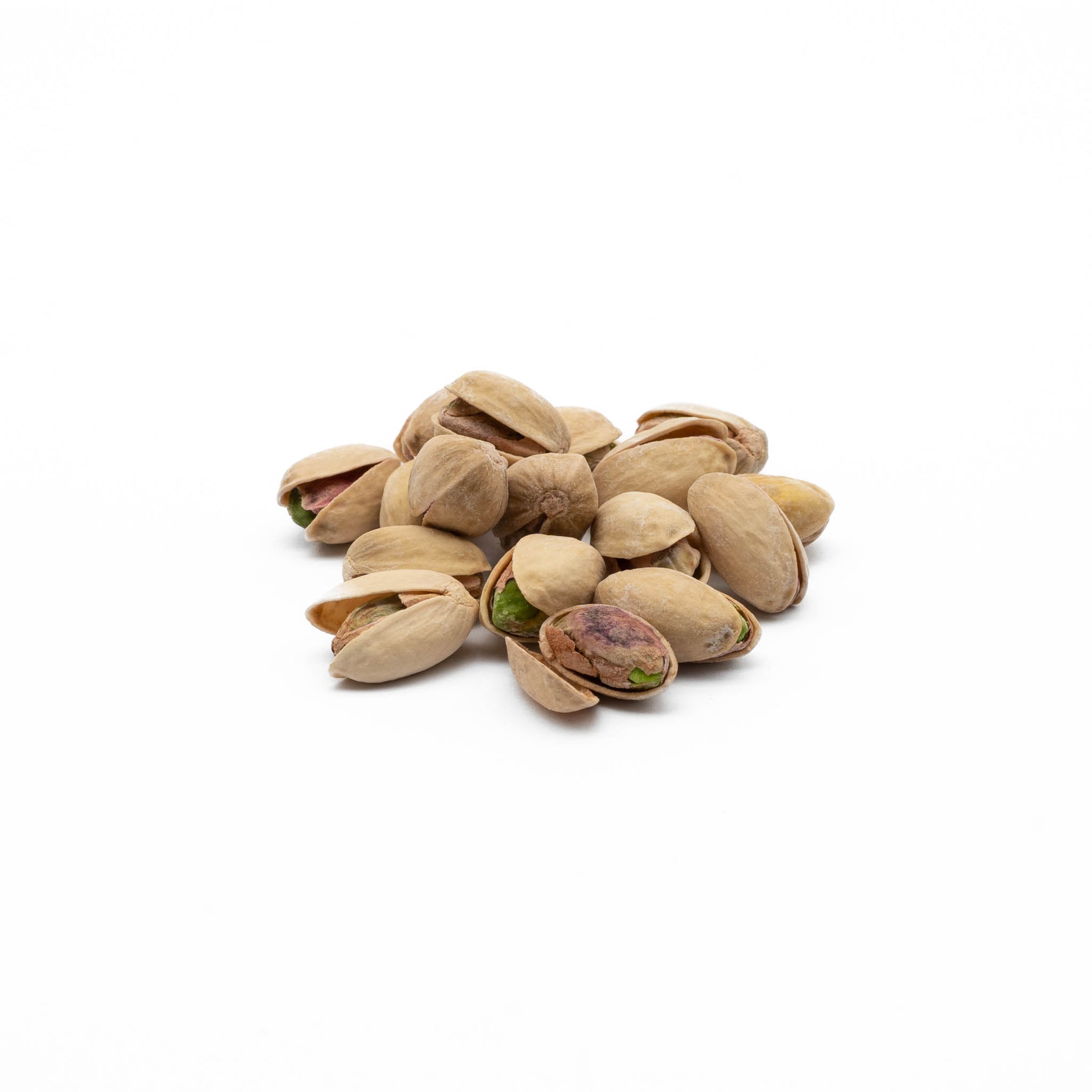
6. Pistachios
Pistachios are a great choice for weight management due to their relatively low calorie content and high fiber content. They're also rich in antioxidants like lutein and zeaxanthin, which promote healthy vision. Snacking on pistachios may help curb appetite and promote healthy blood sugar levels.
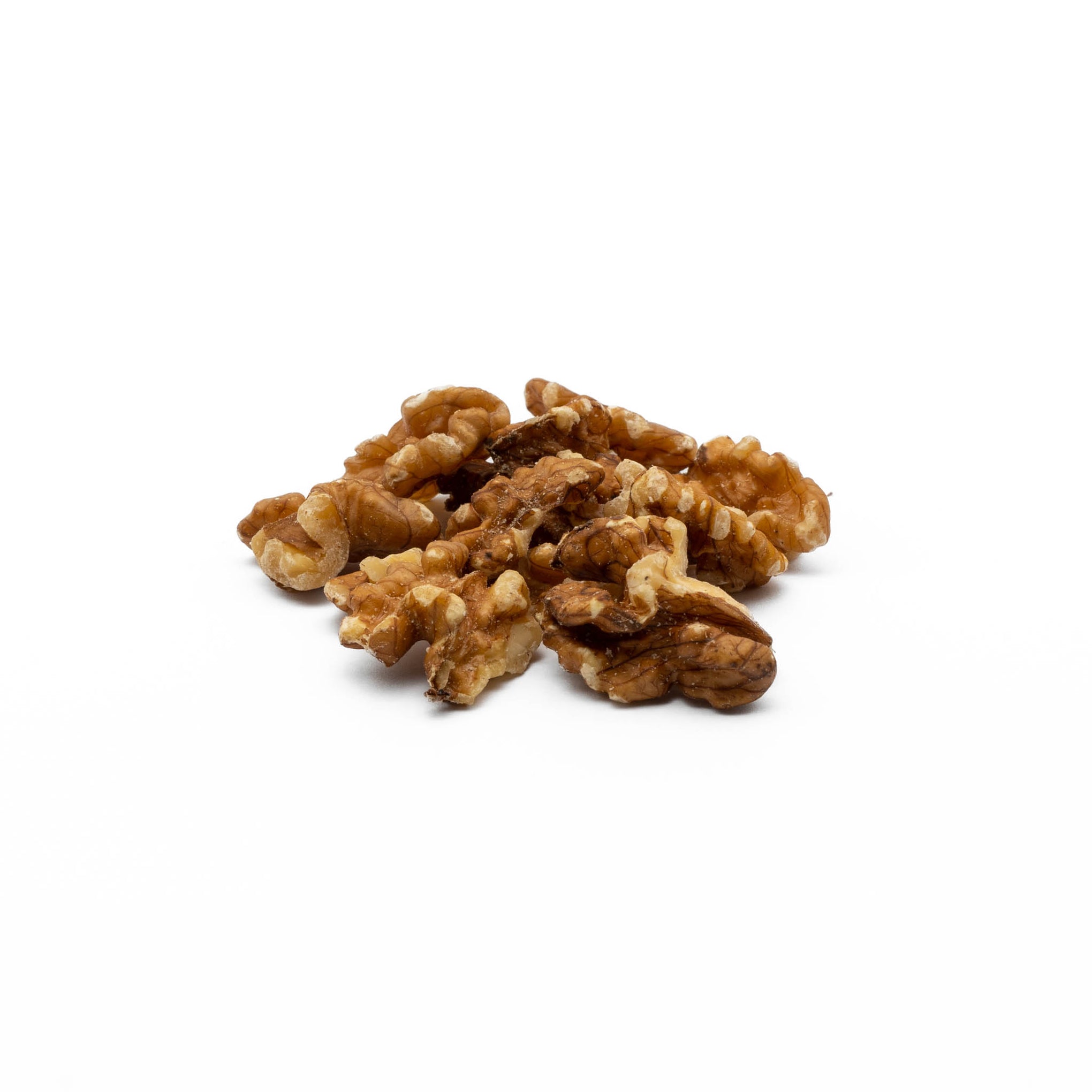
7. Walnuts
Known for their distinct brain-like shape, walnuts are a brain-boosting superfood. They are rich in omega-3 fatty acids, which play a crucial role in supporting cognitive function and reducing inflammation. Incorporating walnuts into your diet may help enhance memory and protect against neurodegenerative diseases.
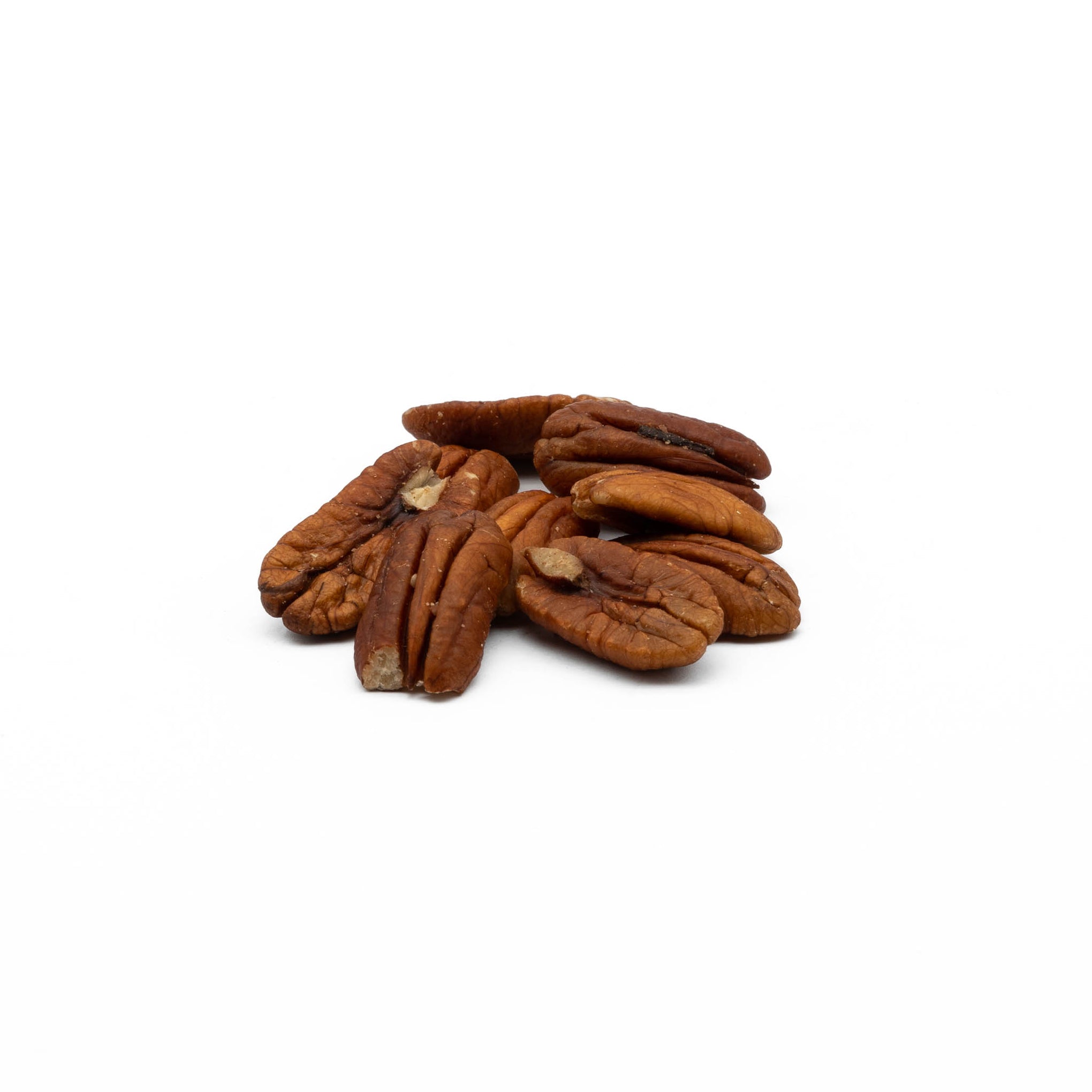
8. Pecans
Pecans are rich in antioxidants, including vitamin E, which helps protect cells from damage caused by free radicals. They also contain ellagic acid, a compound with anti-inflammatory properties that may contribute to heart health. Enjoying pecans as part of a balanced diet can have positive effects on your overall well-being.
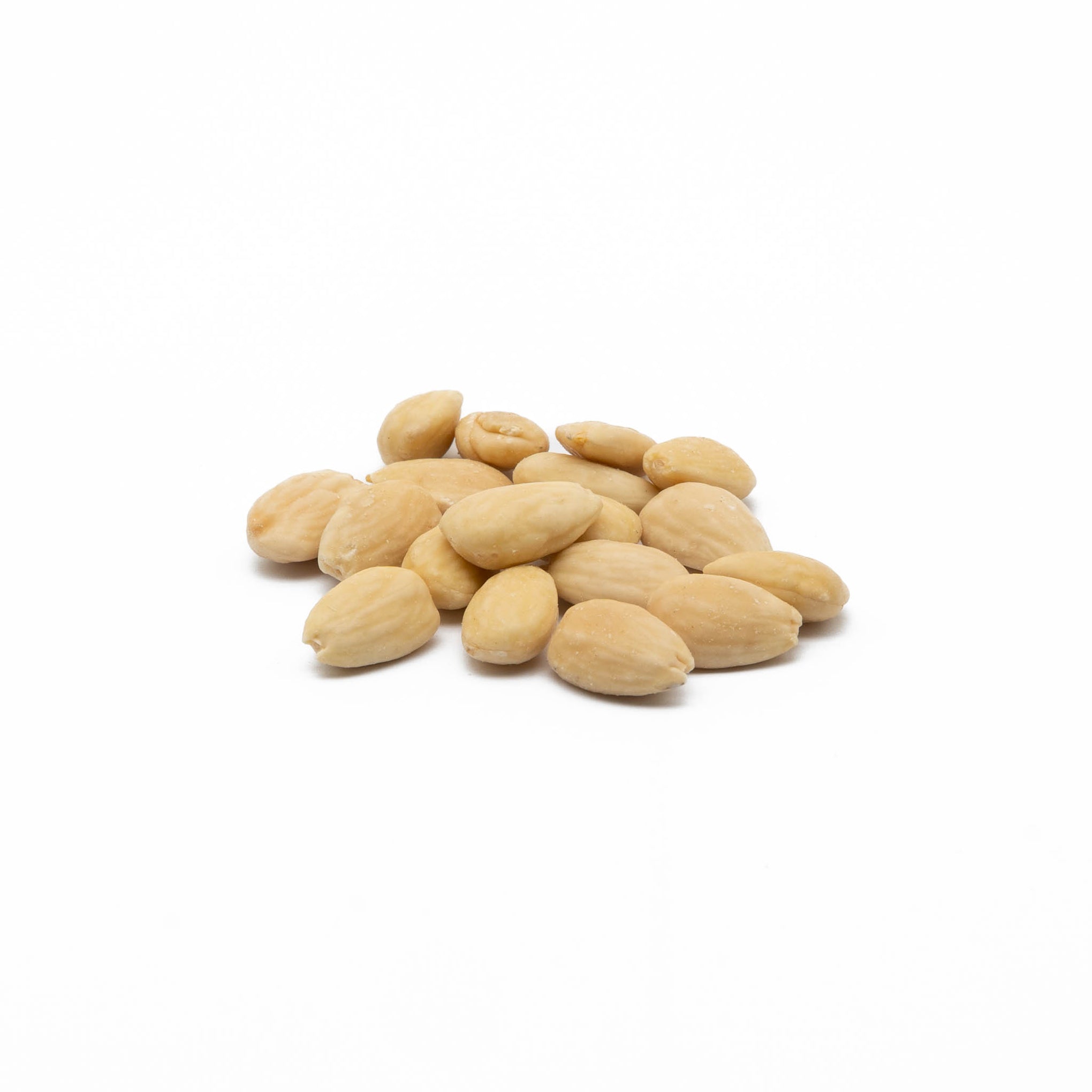
9. Blanched Almonds
Blanched almonds retain most of the nutritional benefits of regular almonds. They are a good source of healthy fats, protein, dietary fiber, vitamins (such as vitamin E and some B vitamins), minerals (like magnesium and calcium), and antioxidants.
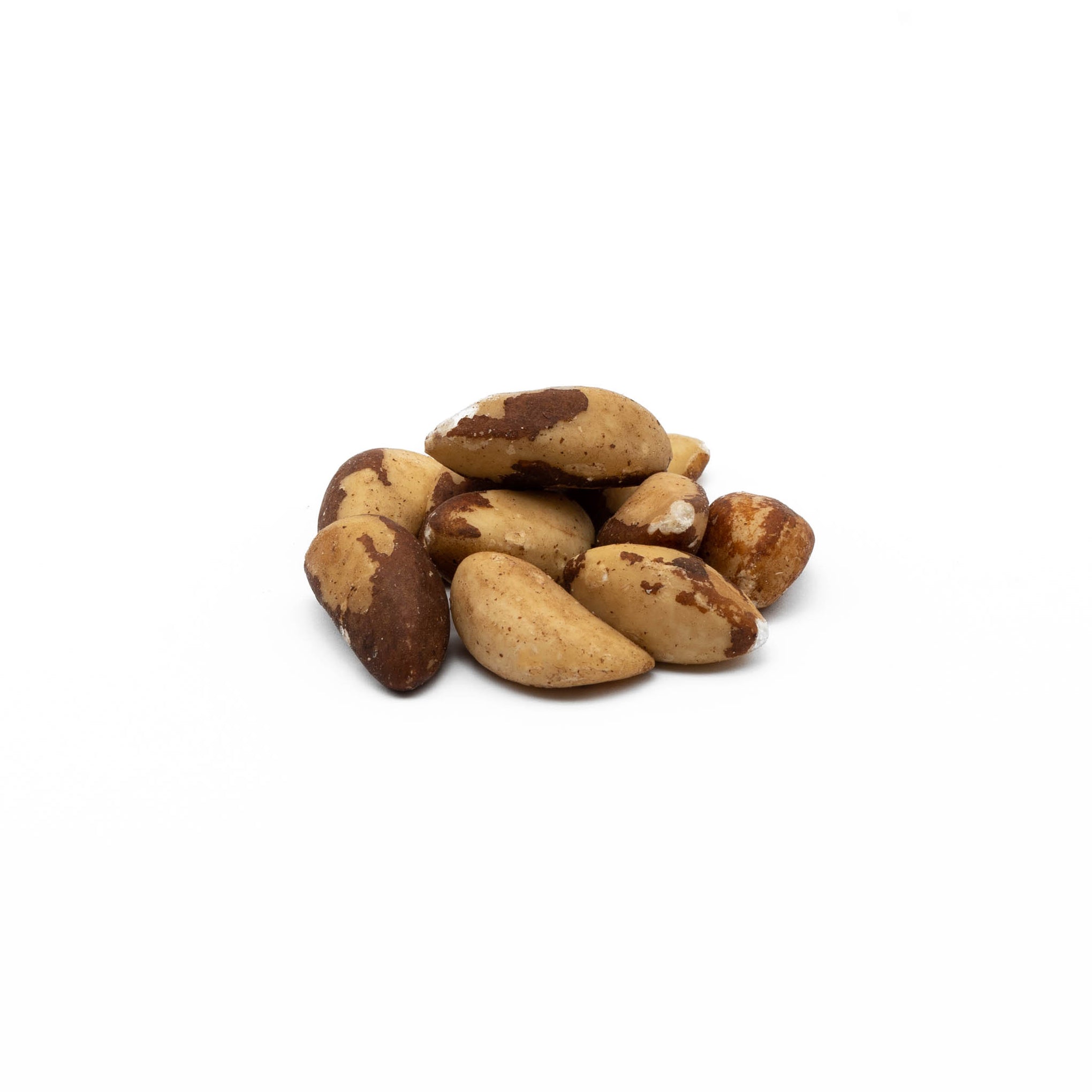
10. Brazil Nuts
Brazil nuts are a fantastic source of selenium, a powerful antioxidant that supports immune function and maintains thyroid health. Just a couple of Brazil nuts can provide your daily recommended intake of selenium. However, remember that moderation is key due to their high selenium content.
